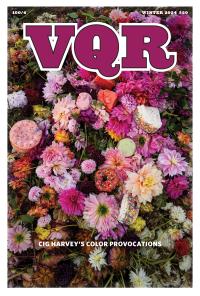Edward Hirsch is the author of eight books of poems, most recently The Living Fire: New and Selected Poems (Knopf, 2010). His previous books include Special Orders(Knopf, 2008) and Poet’s Choice (Harcourt, 2006), a collection of his columns for theWashington Post Book World. He is the president of the John Simon Guggenheim Foundation.
